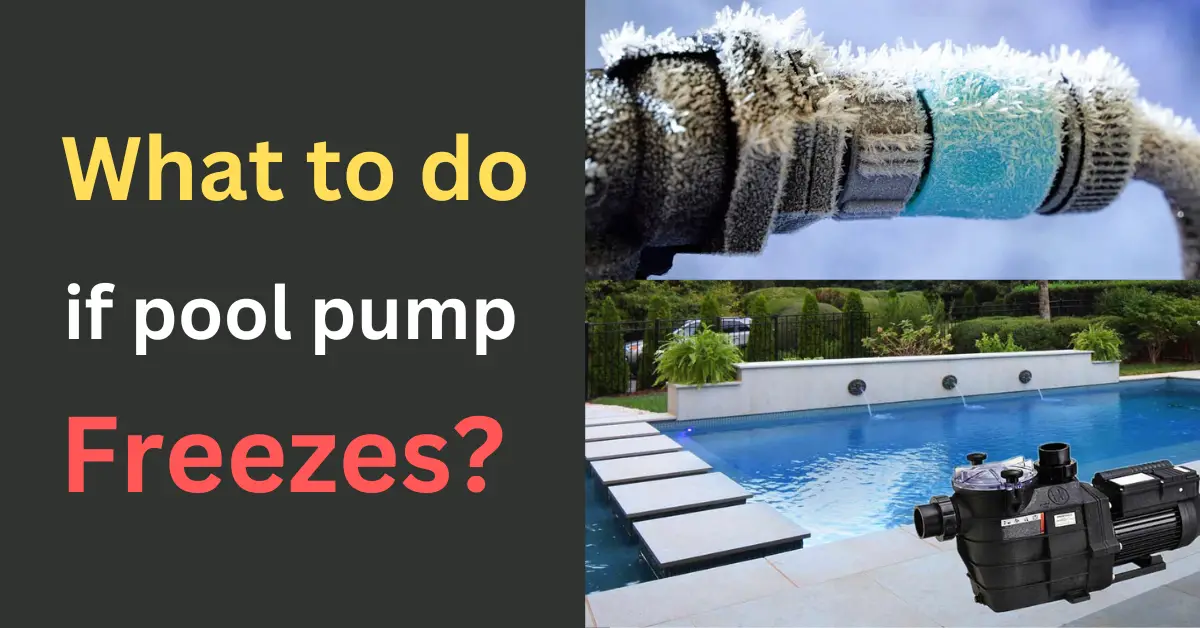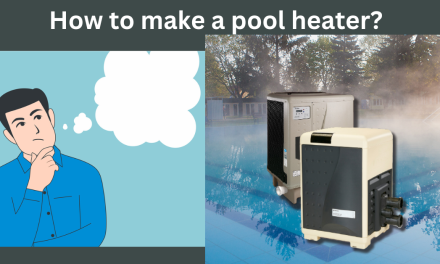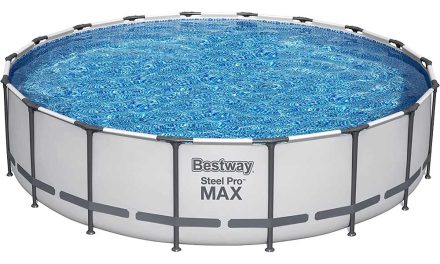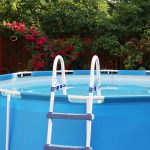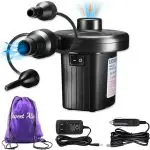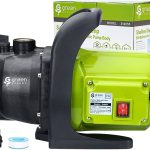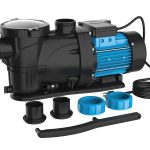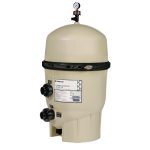Having a swimming pool in your backyard can be a great way to stay cool and relaxed during the summer season. However, like all other machines, even pool pumps are prone to issues such as freezing due to cold weather conditions outside. If you find yourself in this situation, there are certain steps that you can take to unfreeze the pump and get it running again. This article will discuss what to do if pool pump freezes and what measures should be taken for the prevention of future incidents.
What Causes Pool Pumps To Freeze?
A pool pump is essential for keeping your swimming pool clean and healthy. It helps circulate water around the system, which keeps debris away from the filter systems and maintains proper filtration levels. Unfortunately, if it drops below a certain temperature, the pump can freeze up, causing it to stop working properly and potentially damaging components of the system. The most common causes of freezing include:
Cold Weather Conditions: Cold weather can cause pool pumps to freeze due to decreased temperatures outside. When temperatures drop too low over time, water molecules in the system start to slow down and condense together, forming ice crystals that can block or damage the internal components of the pump.
Improperly Insulated Equipment: Poor insulation around your pool equipment or pipes can also lead to freezing issues if there is not enough heat retained within the area. Heat loss from outside sources will cause temperatures inside your pump chamber to drop quickly and result in freezing.
What To Do If Your Pool Pump Freezes?
If you notice that your pool pump is not working properly, it could be due to freezing. There are a few steps you can take to unfreeze the pump and get it running again:
1. Turn Off The Power:
Before attempting any repairs or maintenance on the pump, make sure to turn off the power supply first. This will protect both you and the equipment from potential electrical damage during the repair process. Once the power has been shut off, you can begin inspecting what caused the freeze-up in order to determine what needs to be done next.
2. Check For Ice Blockage:
Cold weather conditions may have caused ice blocks inside of your pipes or around components of the pool pump. If this is what you find, you can use warm water to melt it away and get things running again. Make sure to take extra precautions when melting ice blocks and be aware of any potential damage that could happen if temperatures get too hot.
3. Inspect Pump Housing:
The pump housing is what protects all internal components of the pump from outside elements like cold weather conditions or debris. Inspecting this area for cracks or other signs of damage can help determine what needs to be done for repair or replacement in order to restore functionality. This may require professional assistance depending on what you find.
4. Repair/Replace Damaged Parts:
Depending on what caused the freeze-up and what was found during the inspection, certain components of the pump may need to be repaired or replaced. This could include things like valves, seals, gaskets, and more. Professional assistance may need to replace any components correctly and avoid further damage or malfunctioning.
5. Preventative Measures:
The best way to avoid freezing issues with your pool pump is by taking preventative measures before cold weather hits. Here are a few tips that can help keep your system running smoothly throughout the winter season:
6. Insulate Equipment Properly:
Ensuring that all exposed equipment and pipes around the pool area are properly insulated will help retain heat inside your pump chamber and keep temperatures from dropping too low. Make sure to use quality insulation material like foam pipe insulation for optimal results.
7. Maintain Regular Temperature Checks :
It’s important to check the temperature of your pool pump regularly in order to ensure it is not dropping too low. If you notice that temperatures are getting close to freezing, take action right away to prevent any further damage or malfunctioning.
8. Utilize a Drain Cover :
Placing a drain cover over exposed pipes and other components during cold weather can also help avoid freezing issues. This will act as an extra layer of insulation and help keep temperatures inside the pump chamber more regulated.
By taking these preventative measures and being aware of what to do if your pool pump freezes, you can help keep your system running smoothly throughout the winter season. If you need assistance with repairs or maintenance, it’s best to get professional help in order to ensure your pump is running properly.

